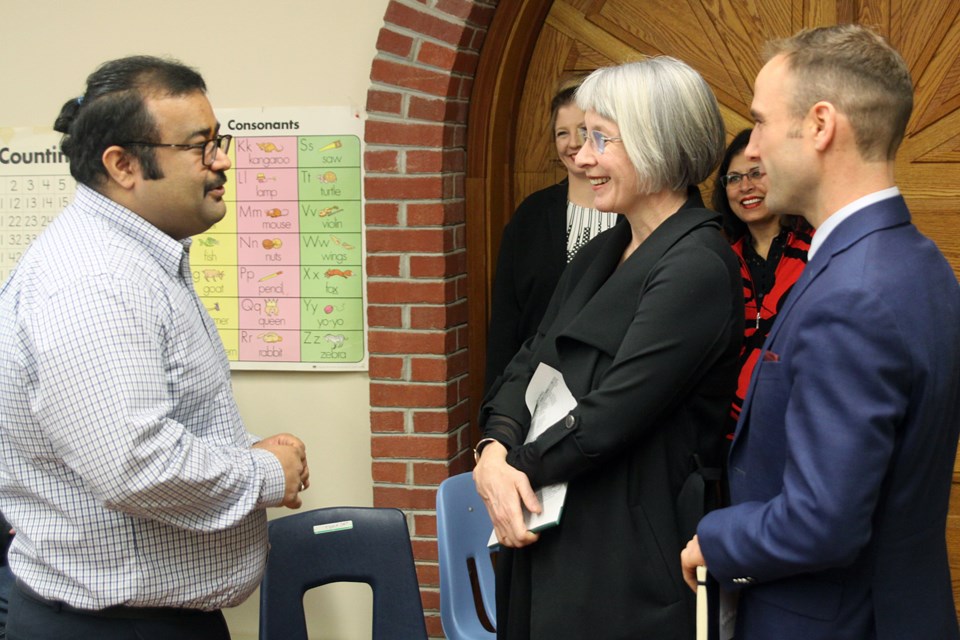THUNDER BAY – Vishal Taimni came to Canada with occupational skills but had to navigate the process to get those credentials recognized before he could put them to work.
Taimni had devoted nearly a decade of his life to physiotherapy in India before he immigrated to Canada, where he had to go through the accreditation process to continue his career.
Coming to Canada was a huge change professionally, personally, socially and culturally, he said, adding that applying for the accreditation was a process that took two years.
“All this struggle and the hardship is worth it at the end. When you work in your own profession, you live your passion. You live your dream,” Taimni said.
“Working and living to the dream you have worked for all your life – like for me my physiotherapy profession was it – now I’m able to do it and I love what I do. I’m happy and thankful.”
The federal government on Thursday announced a call for concepts under the Foreign Credential Recognition Program, with $10 million available to fund up to 15 projects proposed by grassroots stakeholders to help newly arrived immigrants find work.
Patty Hajdu, the minister of employment, workforce development and labour, made the announcement at the Thunder Bay Multicultural Association on Thursday said the initiative is looking for new ideas that can help accelerate the accreditation process.
“The process we’re talking about is how we help people meet that Canadian credential requirement in a way that is accelerated and doesn’t have multiple barriers so people give up on that process,” Hajdu said.
Hajdu made it clear that the initiative isn’t about loosening any credential requirements, but instead an emphasis on finding a faster way to use the training newcomers bring with them and applying it in a Canadian context.
Having recently arrived immigrants, who have previous experience and training in professional occupations like medicine or skilled trades, working minimum wage jobs is a lost opportunity when many employers face challenges in filling those highly needed positions, Hajdu insisted.
“It’s a waste for that individual who obviously has a far higher earning potential and could be using the skills they’ve gained in their own country in a much more fulsome way,” Hajdu said, recalling a specific example from more than 30 years ago in Toronto when she got to know an immigrant that had worked in their home country as a physician but was cleaning office buildings in Canada.
“It’s also a loss for Canada because many of the professions that newcomers have been trained in, we have shortages in.”
Anita Muggeridge, employment connector and job developer at the Thunder Bay Multicultural Association, said credit needs to be given to what newcomers bring to the table.
“They come with a wealth of knowledge, a wealth of experience and that’s what we want to harness for our community,” Muggeridge said.
Muggeridge said a significant challenge for many of the skilled workers that come to Thunder Bay is the requirement to travel to Toronto or another city as they pursue their accreditation and licencing.
“It’s a huge factor because you’ve come here and settled here, now you have to travel again,” Muggeridge said. “The newcomer has to pay for that as well. There are fees involved. You’ve just settled in one new city and now you have to transition in another new city for who knows how long.”
